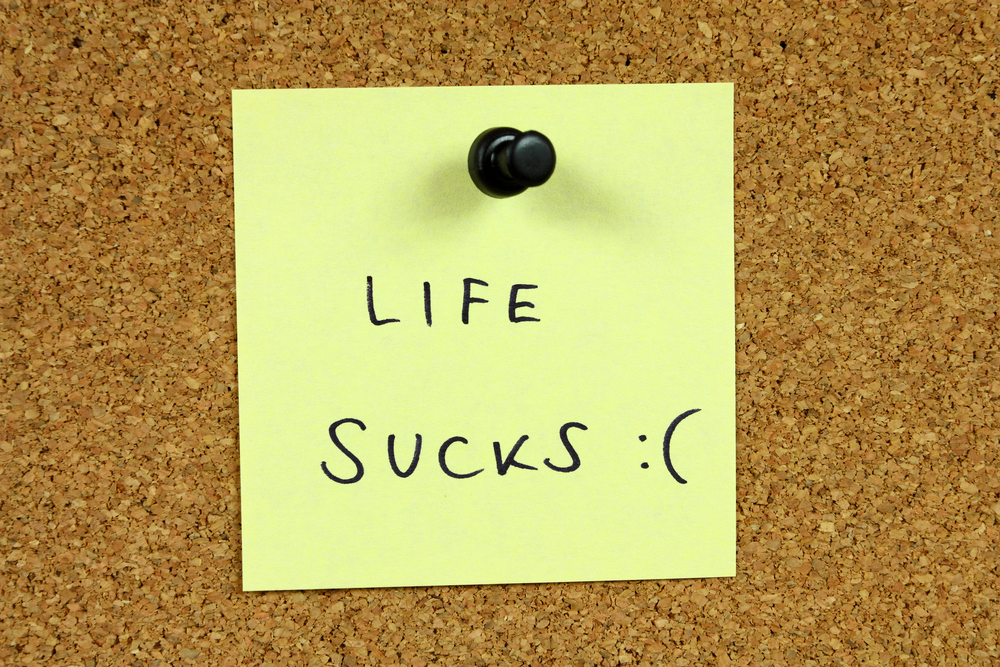
by Michael Neill | May 7, 2020
In my TEDx talk “Why Aren’t We Awesomer?”, I shared the story of my appearance on a short-lived UK TV show called “Put it to the Test”. My job was to take three people with spider phobias and put Dr. Richard Bandler’s “Fast Phobia Cure” to the test. Each of the volunteers was hooked up to EEG and EKG machines to show the physical effects of fear on their bodies, and two doctors were there to monitor the results and ensure the results were both accurate and above board…

by Michael Neill | Mar 11, 2020
Years ago I had a client who’s relative lack of success was a mystery to me. He was smart, good with people, and had all the relevant education and qualifications in his chosen field of study to set himself up for a long career. But somehow no matter how many times we spoke, he made about as much progress as a runner on a treadmill, clocking up the hours without actually getting anywhere.

by Michael Neill | Feb 5, 2020
The other day, someone asked me what I thought the essential purpose of my work was. I’ve not thought about that question for awhile, so I took a bit of time to reflect on it before answering.
My first few thoughts sounded very spiritually impressive:
“To unleash the human potential”
“To wake people up to their divine nature”
“To raise the consciousness of the planet”

by Michael Neill | Jan 7, 2020
For a period of about five years, I had the privilege of teaching alongside Dr. Richard Bandler, the co-developer of Neuro-Linguistic Programming (NLP) and a true original in his approach to helping people change. His willingness to experiment and learn, always with the client’s best interests at heart, made him a kind of hero of mine, and while his methods were at times extreme, his results usually spoke for themselves…

by Michael Neill | Dec 16, 2019
When I was at university, my friends and I developed a somewhat unique way of getting the most out of our philosophical reading. Before we would dive into books like Freud’s Civilization and Its Discontents or Niebuhr’s Radical Monotheism and Western Culture, we would make up what we thought the book would be about and discuss the topic from our own point of view.










